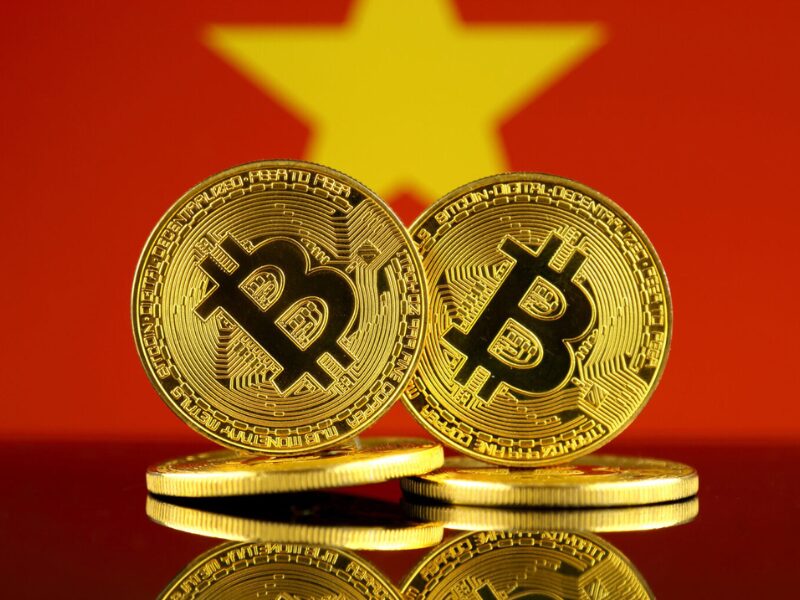Contents
Vietnam Crypto Regulations are paving the way for legal transactions in digital assets like Bitcoin and Ethereum. This development marks a significant step for Vietnam’s financial landscape, attracting international investors keen on emerging markets.
Under the new guidelines, foreign investors can now participate in a controlled environment. This pilot program aims to foster innovation while ensuring security and transparency. For those interested in Vietnam’s investment opportunities, this could extend to tokenized real estate, blending traditional assets with blockchain technology.
Overview of Vietnam Crypto Regulations Pilot
The Vietnamese Government has introduced Resolution No. 5, signed by Deputy Prime Minister Ho Duc Phoc. This resolution focuses on piloting the tokenized asset market. It covers issuing, trading, and servicing of these assets, with state oversight to maintain order.
Participants include service providers, issuers, and investors from Vietnam and abroad. However, the program emphasizes caution and control. Therefore, it follows a structured roadmap that aligns with practical needs, prioritizing safety and efficiency.
Organizations and individuals must ensure accurate and timely information disclosure. Additionally, they need to comply with rules on issuance and trading. This builds trust and protects participants’ rights.
Key Conditions Under Vietnam Crypto Regulations
Only entities licensed by the Ministry of Finance can offer services or advertise tokenized assets. This restriction helps prevent unauthorized activities. Moreover, all participants must adhere to anti-money laundering laws and cybersecurity measures.
Transactions occur in Vietnamese Dong, supporting local currency use. Tokenized assets serve for exchange or investment purposes. Meanwhile, taxes mirror those for securities until specific crypto policies emerge.
For issuers, companies must be Vietnamese limited liability or joint-stock entities. Importantly, assets base on real underlying properties, excluding securities or fiat money. This opens avenues for tokenized real estate, enhancing investment diversity.
Implications for Foreign Investors
The pilot restricts offerings and issuances to foreign investors. Similarly, trading happens solely among them via licensed providers. Thus, this setup attracts international capital while limiting domestic risks.
At least 15 days before launch, issuers disclose prospectuses on their websites. This transparency aids informed decisions. Furthermore, it aligns with global standards in asset tokenization.
For international readers eyeing Vietnam’s market, this could boost sectors like real estate. Vietnam’s growing economy, as noted by the World Bank, positions it well for digital innovations. Consequently, investors might see higher returns through secure, blockchain-based assets.
Benefits and Future Outlook
- Enhanced Security: Strict compliance with AML and cybersecurity laws reduces risks.
- Investment Opportunities: Tokenized assets based on real properties appeal to diversified portfolios.
- Market Growth: The pilot could expand Vietnam’s role in global crypto, drawing more foreign funds.
In summary, Vietnam Crypto Regulations through this pilot program signal progress. However, success depends on effective implementation. As the market evolves, expect more data on adoption rates and economic impacts.





Join The Discussion